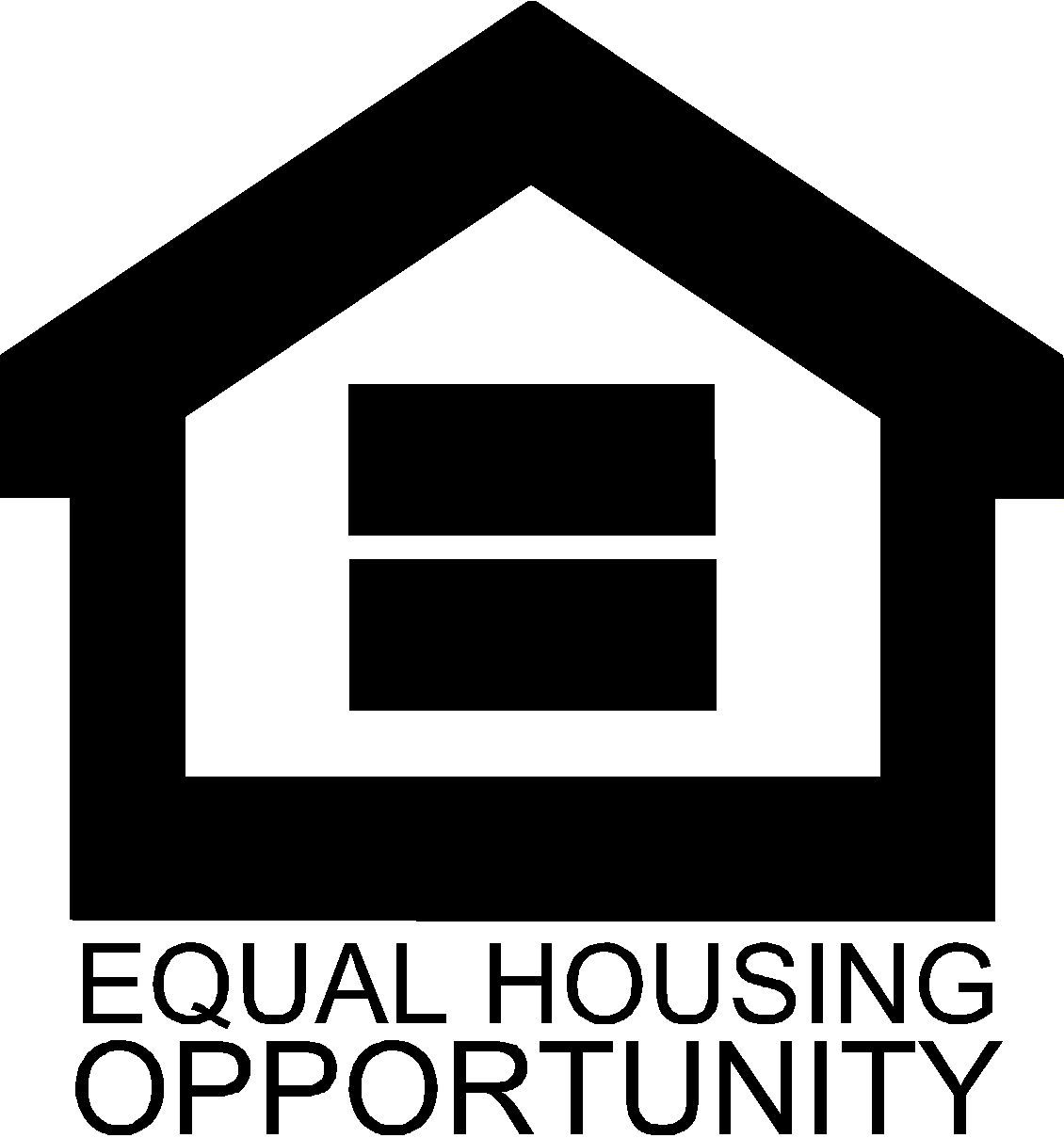Pitt County, North Carolina
Mortgage Rate Alerts
Never Miss A Refinance
Opportunity
Always on mortgage monitoring without hurting your credit.
Instant email and text alerts.
A Better Mortgage In 3 Easy Steps
Sign up
Provide some basic info, no SSN required
Start getting alerts
For refinance via email and texts
Apply and close
The new loan and start saving money
1 Platform, 6 Refinance Alerts
01
Alert for Lower Rates
02
Alert for Cash Out
03
Alert for Shorter Term
04
Alert for Eliminating PMI
05
Alert for Product Changes
06
Alert for Changes in Home Value

Pitt Real Estate Market Update
The real estate market in Pitt County, North Carolina, is currently characterized as a seller's market, with the median home sold price at $267,753 as of October 2024, reflecting a 1% increase from the previous year. The average home value in the county is approximately $241,338, having risen by 2.7% over the past year.
Greenville is the largest city in Pitt County, with a population of around 93,000, serving as a major hub for education and healthcare. Other notable cities include Winterville, with a population of approximately 10,000, and Ayden, home to about 5,000 residents. These cities contribute significantly to the county's economic and cultural landscape.
Pitt County offers a blend of suburban and rural living, with agriculture playing a vital role in the local economy alongside healthcare and education. The county's suburban areas are attractive to families and professionals seeking a quieter lifestyle with access to urban amenities. Migration patterns indicate that people are moving to Pitt County for its affordable housing, quality of life, and employment opportunities in its top industries.
2025 Mortgage Loan Limits:
Pitt County, North Carolina
1 Unit
$806,500
Conforming Loans
$524,225
FHA Loans
2 Unit
$1,032,650
Conforming Loans
$671,200
FHA Loans
3 Unit
$1,248,150
Conforming Loans
$811,275
FHA Loans
4 Unit
$1,551,250
Conforming Loans
$1,008,300
FHA Loans
Questions About Refinancing in
Pitt County
What is mortgage refinancing?
Refinancing is the process of replacing your current mortgage with a new one, often to secure a lower interest rate or change the loan terms.When should I consider refinancing?
Consider refinancing when interest rates drop, your credit score improves, or you want to switch from an adjustable-rate to a fixed-rate mortgage.How much does it cost to refinance?
Refinancing costs typically range from 2% to 5% of the loan amount, including closing fees, appraisal, and title fees.How long does the refinancing process take?
The refinancing process usually takes between 30 to 45 days, but this can vary based on lender efficiency and document preparation.What are the benefits of refinancing?
Refinancing can lower your monthly payments, reduce interest rates, shorten loan terms, or allow you to tap into home equity.What is cash-out refinancing?
Cash-out refinancing allows you to take out a new loan for more than your current mortgage balance and receive the difference in cash.Will refinancing hurt my credit?
Refinancing may cause a temporary dip in your credit score due to the hard inquiry, but the impact is usually minor and short-term.Can I refinance with bad credit?
It may be harder to qualify, but some lenders offer refinancing options for people with lower credit scores, though they often come with higher interest rates.How much equity do I need to refinance?
Most lenders require you to have at least 20% equity in your home to qualify for refinancing, though some programs may allow for lower equity percentages.Is it possible to refinance a rental property?
Yes, you can refinance an investment or rental property, though the terms and interest rates may be different compared to refinancing a primary residence.
Never Miss A Refinance Opportunity
Always on mortgage monitoring. Instant email and text alerts.

